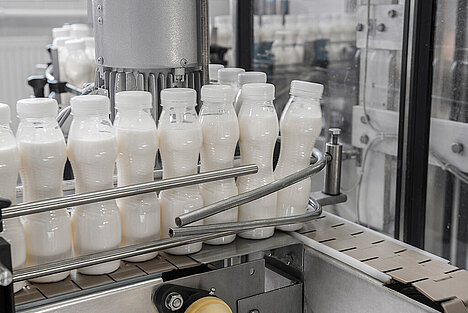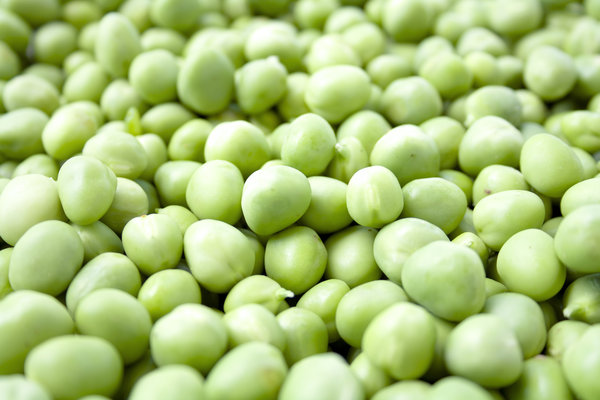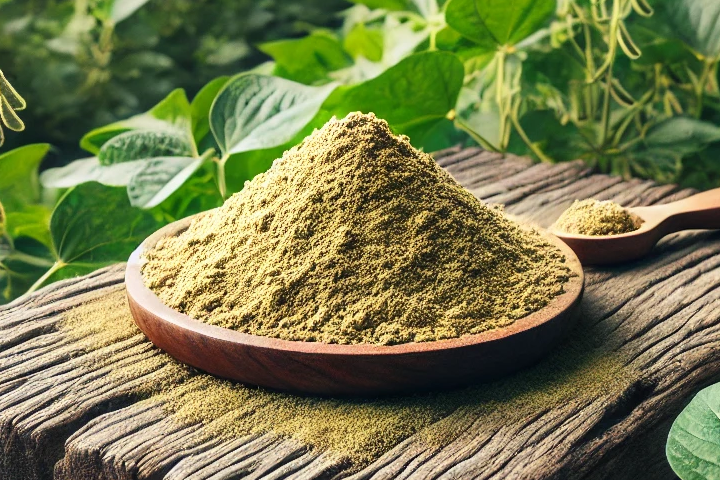Milk protein hydrolyzate

What is milk protein hydrolyzate and why is it fed to dogs? This article will tell you everything you need to know about milk protein hydrolyzate.
What is milk protein hydrolyzate?
Milk protein hydrolyzate is a product obtained from milk proteins. The proteins are broken down into smaller fragments, so-called peptides, by enzymes or acids. These peptides have a smaller molecular size than the original proteins and are therefore easier to digest.
Milk protein hydrolyzate is mainly used as hypoallergenic food for dogs suffering from food allergies. A food allergy is a hypersensitivity reaction of the immune system to certain ingredients in food, usually proteins. Symptoms can include itching, skin rash, diarrhea or vomiting.
If a dog has a food allergy, it must be fed a special food that does not contain allergenic proteins. Milk protein hydrolyzate is one of the possible food ingredients that are considered hypoallergenic. This means that they are not recognized as foreign by the immune system and therefore do not trigger an allergic reaction.
What are the benefits of milk protein hydrolyzate for dogs?
Milk protein hydrolysate has several benefits for dogs with food allergies. On the one hand, it can help to alleviate or prevent the symptoms of the allergy. On the other hand, it can also have positive effects on the dog's health and well-being.
Some studies have shown that milk protein hydrolyzate can improve the intestinal flora by promoting the growth of beneficial bacteria. This can aid digestion and strengthen the immune system. In addition, milk protein hydrolyzate can increase the production of serotonin, a hormone that is important for mood and stress management. This can help to make the dog calmer and more balanced.
What are the disadvantages of milk protein hydrolyzate for dogs?
Milk protein hydrolyzate also has some disadvantages for dogs. For one thing, it is not a complete substitute for other protein sources in food. It does not contain all the essential amino acids that dogs need. Therefore, it must always be combined with other high-quality proteins to meet the dog's requirements.
On the other hand, milk protein hydrolyzate can also have side effects if it is fed in excessive quantities. It can lead to flatulence, diarrhea or vomiting. Some dogs may also be intolerant if they are lactose intolerant or allergic to certain peptides.
How much milk protein hydrolyzate should a dog get?
The optimal amount of milk protein hydrolyzate for a dog depends on various factors, such as the dog's weight, age, activity level and health status. It also depends on how much other protein is contained in the food.
In general, milk protein hydrolyzate should only make up part of the total protein content of the food. The recommended amount is around 10 to 20 percent of the total protein content. This means, for example, that a feed with 25 percent protein should contain around 2.5 to 5 percent milk protein hydrolyzate.
To determine the right amount of milk protein hydrolyzate for your dog, you should always follow the manufacturer's feeding recommendations.
Milk protein hydrolysate is a product consisting of split milk proteins and is used as a hypoallergenic food for dogs with food allergies. It can help to prevent or alleviate allergic reactions. Milk protein hydrolysate can improve intestinal flora, aid digestion and have a positive effect on the dog's mood. However, it should not be used as the sole source of protein as it does not contain all the essential amino acids. The amount of milk protein hydrolyzate in a dog's diet should be determined in accordance with the manufacturer's feeding recommendations and taking into account the dog's individual needs.
If you notice any signs of hypersensitivity or poisoning in your dog, you should see your vet immediately. We are not a substitute for a vet, but we try to be as accurate as possible. Every dog reacts differently and we recommend you get a second opinion or consult your vet if in doubt.
Stay healthy and take good care of your four-legged friend!😊
Similar to Milk protein hydrolyzate
Pea protein has several advantages for dogs that make it an attractive ingredient. Firstly, pea protein is hypoallergenic, which means that it does not trigger allergic reactions. This is...
Soy protein hydrolysate is produced through the process of hydrolysis, in which soy protein is broken down by enzymes or acids into smaller peptides and free amino acids. This process improves the...
Casein is the main component of milk proteins and makes up about 80% of the total protein. It consists of several subgroups, of which alpha-S1 casein is the largest. Casein is dissolved from milk by...
Hemp protein is obtained from the seeds of the hemp plant (Cannabis sativa) by pressing out the oil and processing the remaining product into a fine powder. Unlike other parts of the hemp plant, the...



